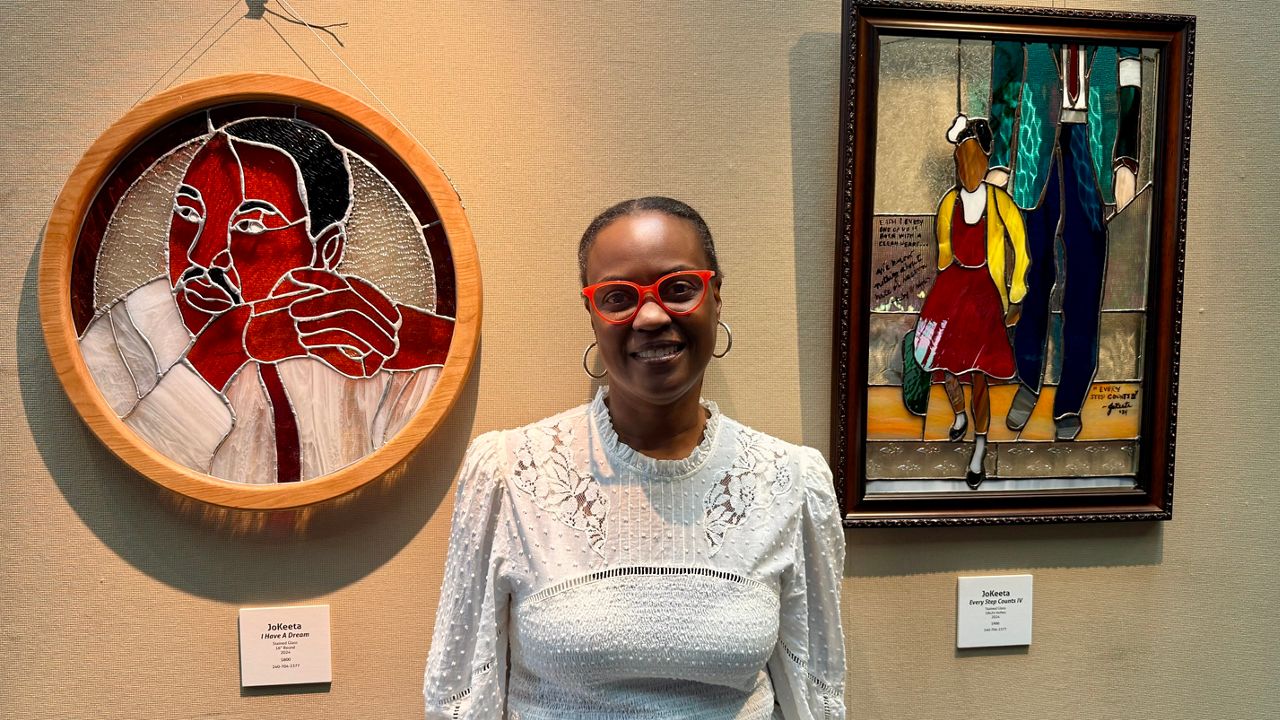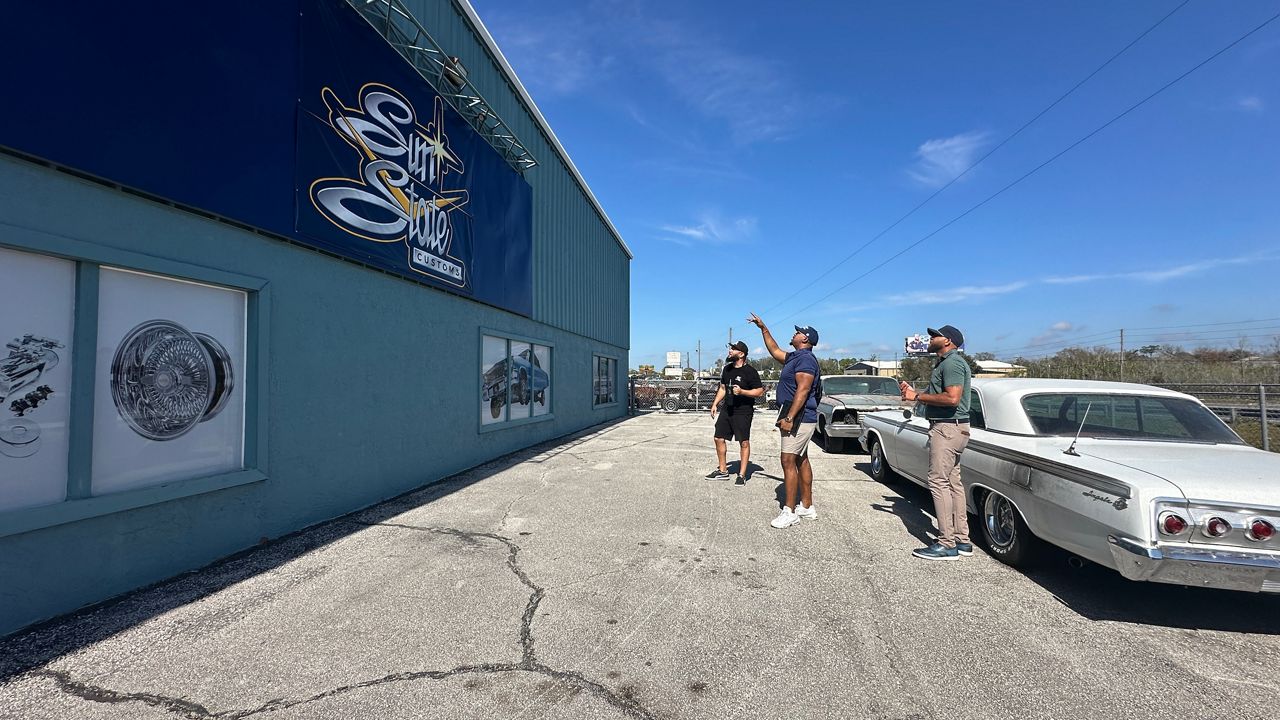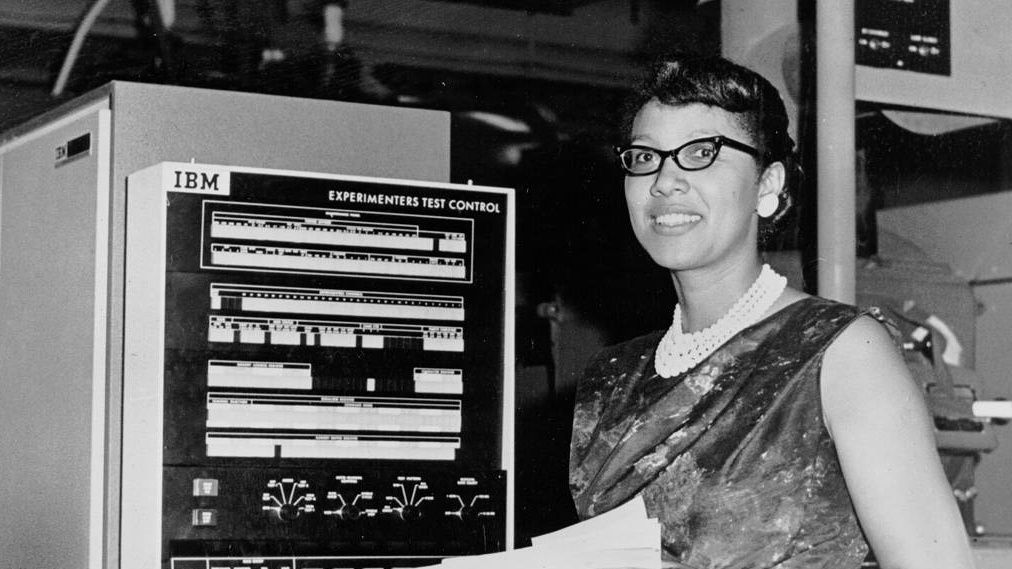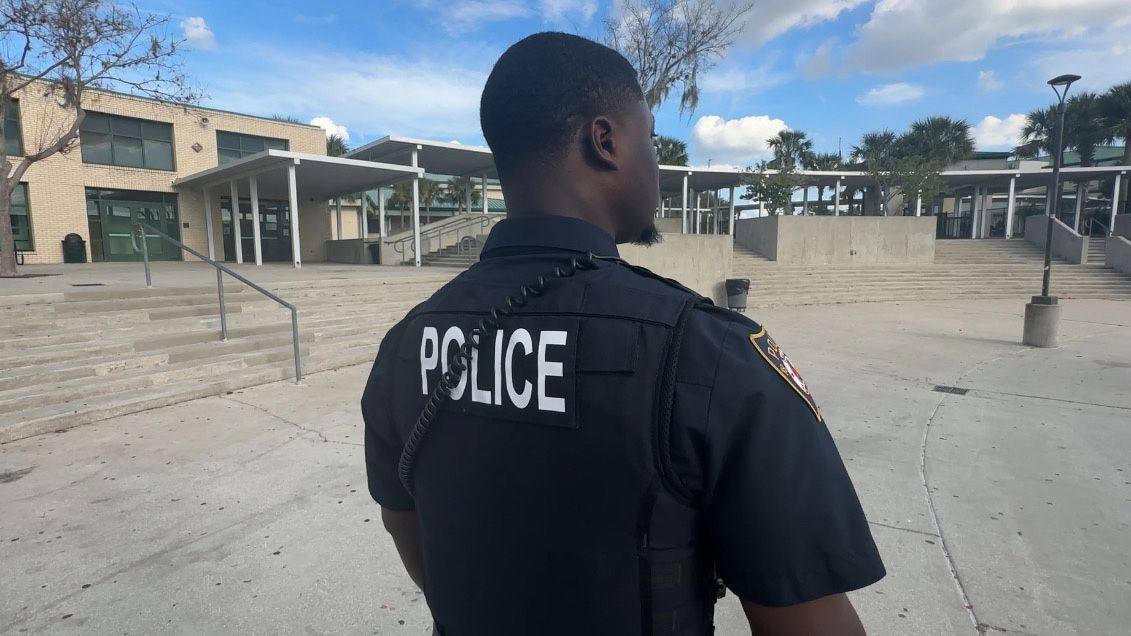KISSIMMEE, Fla. — One African-American military veteran in Central Florida who lived during the civil rights era says remembering where you came from can help shape your future.
- Robert LeWayne Johnson credits black leaders for keeping him grounded
- Johnson said he grew up in the 1950s during the civil rights era
- MORE BLACK HISTORY COVERAGE:
Dr. Robert LeWayne Johnson was born in rural Mississippi in the 1950s.
At just 5 years old, Johnson was already working as a water boy in the cotton fields with his family.
“Coming up in Mississippi things were a little tense,” he explained. “Very tense. Especially when it comes to racial issues.”
Johnson said he was 12 years old when his childhood friend was found buried in a trailer of cotton for accepting lemonade from the daughter of a white plantation owner.
Later, the violence hit even closer to home: His uncle was killed by the Ku Klux Klan for arguing with a white man in public.
Johnson also recalls his grandmother, a lifelong midwife, being denied the opportunity to go to medical school because it was illegal for black people to enroll.
Today, Johnson is a 35-year military veteran who served in the Air Force for four years and the Army for 29 years. He was awarded a Bronze Star for his heroism in the first Gulf War.
Johnson has also earned a Ph.D, practiced law, and is now an active member of his local Central Florida chapter of the National Association for the Advancement of Colored People.
But getting to where he is today wasn’t always easy. Johnson said remembering his roots kept him grounded.
“I stand on the shoulders of Frederick Douglass, I stand on the shoulders of Martin Luther King, I stand on the shoulders of Madam C.J. Walker, I stand on the shoulders of Mary Bethune Cookman,” Johnson said. “I have a PhD in public policy and administration, with a 4.0 GPA summa cum laude. I could have not have done this (if it wasn’t) for those individuals that came before me.”
Johnson believes there are certain values and principles he has instilled in his daughters. They’re all adults now, and one of them is a budget policy analyst for the Pentagon, while the other is in the Navy and is pursuing medical school.
He said the way to achieve equality is to help young people understand their crucial roles as informed and active citizens of this nation.
“Education is the great equalizer, and without it we can't go forward,” Johnson said. “The message that I have for the younger generation is to get that education.”
Johnson currently works for the federal government as a program manager with the presidential helicopter program. He recently founded the Osceola County Democratic Veterans Caucus of Florida.









